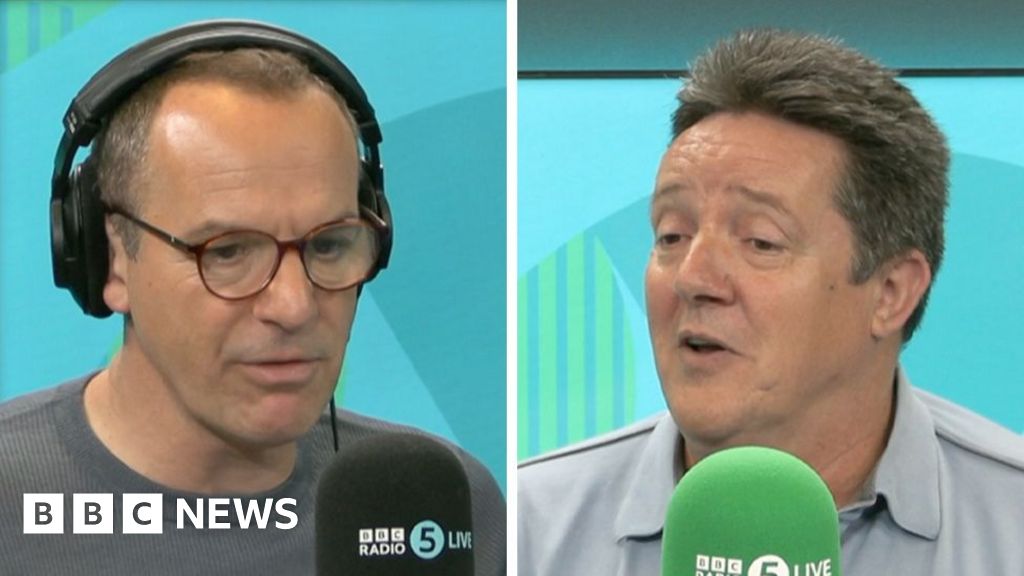ARTICLE AD BOX
By Malu Cursino
BBC News
Image source, Getty Images
The hospitality sector has strongly welcomed the decision not to impose further Covid restrictions in England.
The sector has described it as a "lifeline" for pubs, bars and clubs, which have been relying on New Year's Eve trade for their survival.
On Monday, Health Secretary Sajid Javid announced that the government would re-evaluate the situation in January.
Some scientists advising ministers are concerned they may be taking an overly optimistic approach, as cases rise.
Mr Javid said people should "remain cautious" and celebrate outside on New Year's Eve if possible. He added that the government would reassess whether more measures were needed in the new year.
Prime Minister Boris Johnson tweeted on Monday that there would be "no new restrictions introduced in England before the New Year".
Pubs, bars and restaurants have been hard hit in the run-up to Christmas, due to mass cancellations over Omicron variant fears. UK Hospitality chief executive Kate Nicholls said the decision to not go beyond Plan B measures in England had been a "pragmatic and proportionate" decision by the government.
She said: "This will give a real lifeline for many who have struggled with the loss of trade in the run-up to Christmas and the loss of new year on top of that would have been devastating for many.
"It will be a welcome boost and keeping restrictions to a minimum and lifting the remaining restrictions as quickly as possible to help the beleaguered sector back on to the road to recovery.
The Night Time Industries Association described the decision as "amazing news" and Mark Davyd, chief executive of the Music Venue Trust, said there would "obviously be some relief" among hospitality bosses. However, he called for help to improve ventilation in venues along with "more clarity" on the government's long-term vision.
Conservative MPs - who recently inflicted the largest rebellion of Mr Johnson's premiership over the introduction of Covid passes - were among those who welcomed Monday's announcement.
Former minister Mark Francois told GB News: "It is remarkable how a backbench rebellion of 101 MPs focuses minds, isn't it?". Senior backbencher Sir Geoffrey Clifton Brown said that the data on hospital admissions did not support the imposition of further restrictions.
Image source, Getty Images
However, some of the experts who advise the government were less enthusiastic. Prof Andrew Hayward - epidemiologist and a member of the advisory group Sage - told the BBC that ministers seemed to be acting "on the optimistic end of the spectrum".
And Prof Danny Altmann suggested that there was now a great divergence between scientific advice and legislation.
There is also now a clear divergence between the government at Westminster and the devolved administrations in Scotland, Wales and Northern Ireland - all of which have introduced further restrictions this week. People in Wales and Scotland are living with curbs on hospitality, including the closure of nightclubs.
Shadow health secretary Wes Streeting urged the government to publish all relevant advice and data, so the public could be reassured that Boris Johnson was not simply "capitulating" to members of his own party.
After a two-day halt in publishing data, it was revealed that more than 300,000 new Covid cases had been recorded on Saturday, Sunday and Monday.
UK-wide hospital data has not been updated since before Christmas but NHS England revealed that there were 1,281 Covid-19 hospital admissions in the country on Christmas Day - the highest number for any day since 16 February.
Omicron: What we know so far
- This variant is very contagious and spreads faster than others
- Vaccines and boosters are still essential and do a great job at protecting against severe disease
- It is milder - if you catch it, the risk of needing hospital treatment is up to 70% lower than with previous variants - but that is largely because many of us have built up immunity from vaccines and past infections rather than changes to the virus

 2 years ago
62
2 years ago
62








 English (US)
English (US)